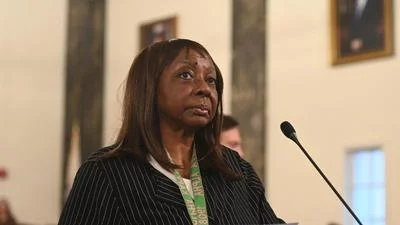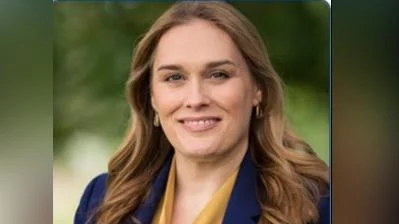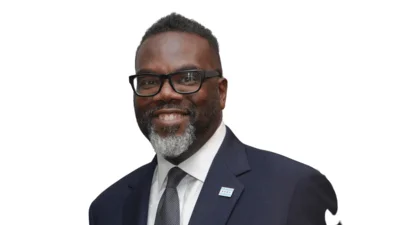Supporters of minimum wage increases too often forget the cruelty of state-enforced pay hikes, an economics professor and author said on a Chicago-based radio show recently.
"People don't have a sense of history," Walter Williams, an economics professor at George Mason University and a syndicated columnist, said on "Illinois Rising." "I'm in my early 80s, but when I was a youngster you'd go to a neighborhood theater and there were two or three ushers to show you to your seat. You don't find ushers in theaters today, and that's not because Americans like to stumble down aisles in the dark to find their seat. In the 1940s and 50s and a little bit of the 60s, you pull into a gasoline station, there's a young person, a kid, who will pump the gasoline into your car and check your tires and wash your windshields."
Those jobs didn't go away because no one wanted to do them anymore, Williams said.

Walter Williams, economics professor at George Mason University and syndicated columnist
"In both instances, it's the minimum wage that has destroyed that kind of job," he said.
"Illinois Rising" is co-hosted by Illinois Opportunity Project co-founder Dan Proft, a principal of Local Government Information Services, which owns this publication.
Illinois' most recent minimum wage increase legislation, sponsored by Rep. Will Guzzardi (D-Chicago) in the House and Sen. Kimberly Lightford (D-Westchester) in the Senate, passed both chambers just before session's end on May 31. The measure passed the Senate 30-23 and the House 61-53.
The legislation, which would incrementally increase the state's $8.25 minimum wage to $15 by 2022, with a tax credit for some small businesses, follows Chicago's minimum wage increase from 2014. Workers in that city can expect to receive $13 an hour by 2019, which will be leapfrogged by the state increase over the next few years should Republican Gov. Bruce Rauner sign the legislation.
That is considered a long shot. Gov. Rauner told the Chicago Tribune the increase "would be crushing for our small business and crushing for job creation, and extreme."
"Rather than do a real deal that's a compromise, they're doing something that they know that the business community would be just apoplectic about," he said. "And they know that I can't support that -- that's not a reasonable compromise."
All of this also follows the release of Bureau of Labor Statistics data that revealed Illinois ended 2016 with the highest black unemployment rate in the nation at 12.7 percent. That is a great departure from the labor situation of the mid-20th century, Williams said.
"At one time in our history, black teenage unemployment was lower than white teenage unemployment," Williams said. "In fact, I've written on it in my book, 'Race and Economics.' "
For example, in 1948 white teenage unemployment was 10.2 percent while black teenage unemployment was 9.4 percent, Williams said.
"Today, there are not many places where you go where you find black teenage unemployment under 40 percent, and in some places, it's 50 and 60 percent," he said.
It isn't just the minimum wage driving those numbers up; there's also labor regulation to consider," Williams said. "And the grossly rotten schools that black kids attend: It puts them at a competitive disadvantage," he said.






 Alerts Sign-up
Alerts Sign-up